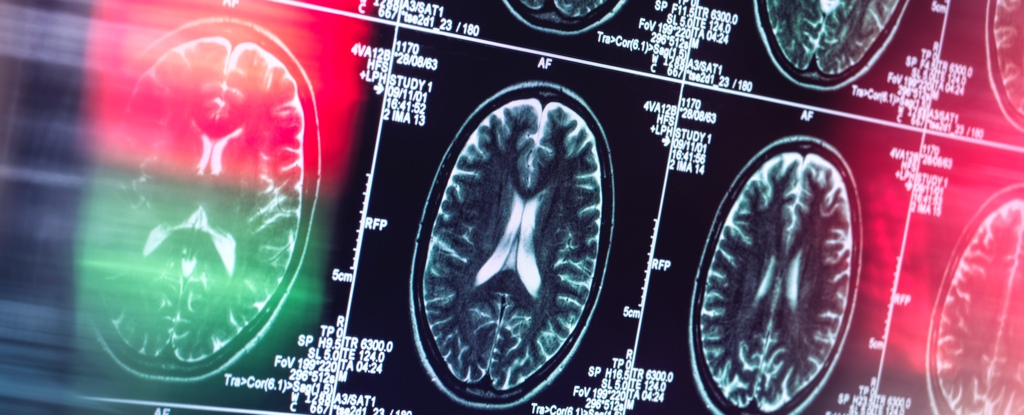Sly Saint
Senior Member (Voting Rights)
Health12 October 2025
By Dr Donald Weaver, The Conversation

 www.sciencealert.com
www.sciencealert.com
eta:
another article discussing this

 engineerine.com
engineerine.com
By Dr Donald Weaver, The Conversation
The pursuit of a cure for Alzheimer's disease is becoming an increasingly competitive and contentious quest, with recent years witnessing several important controversies.
In July 2022, Science magazine reported that a key 2006 research paper, published in the prestigious journal Nature, which identified a subtype of brain protein called beta-amyloid as the cause of Alzheimer's, may have been based on fabricated data.
One year earlier, in June 2021, the US Food and Drug Administration had approved aducanumab, an antibody-targeting beta-amyloid, as a treatment for Alzheimer's, even though the data supporting its use were incomplete and contradictory.
Some physicians believe aducanumab never should have been approved, while others maintain it should be given a chance.
With millions of people needing an effective treatment, why are researchers still fumbling in this quest for a cure for what is arguably one of the most important diseases confronting humankind?
Escaping the beta-amyloid rut
For years, scientists have been focused on trying to come up with new treatments for Alzheimer's by preventing the formation of brain-damaging clumps of this mysterious protein called beta-amyloid.
In fact, we scientists have arguably gotten ourselves into a bit of an intellectual rut, concentrating almost exclusively on this approach, often neglecting or even ignoring other possible explanations.
Regrettably, this dedication to studying the abnormal protein clumps has not translated into a useful drug or therapy. The need for a new "out-of-the-clump" way of thinking about Alzheimer's is emerging as a top priority in brain science.
My laboratory at the Krembil Brain Institute, part of the University Health Network in Toronto, is devising a new theory of Alzheimer's disease.
Based on our past 30 years of research, we no longer think of Alzheimer's as primarily a disease of the brain. Rather, we believe that Alzheimer's is principally a disorder of the immune system within the brain.
The immune system, found in every organ in the body, is a collection of cells and molecules that work in harmony to help repair injuries and protect from foreign invaders.
full article:Alzheimer's as autoimmune disease
We believe that beta-amyloid is not an abnormally produced protein, but rather is a normally occurring molecule that is part of the brain's immune system. It is supposed to be there.

Alzheimer's May Not Actually Be a Brain Disease, Reveals Expert
The pursuit of a cure for Alzheimer's disease is becoming an increasingly competitive and contentious quest, with recent years witnessing several important controversies.
eta:
another article discussing this
Alzheimer’s May Be Autoimmune — New Research Challenges Old Beliefs
For decades, Alzheimer’s disease has been considered a degenerative brain disorder, primarily caused by the buildup of toxic beta-amyloid plaques that disrupt communication between neurons. This “amyloid hypothesis” has dominated research and treatment strategies for more than 30 years. However, groundbreaking new research suggests we may have been looking in the wrong direction entirely. According to Dr. Donald Weaver, neurologist and researcher at the Krembil Brain Institute, University Health Network in Toronto, Alzheimer’s might not be a brain disease in the traditional sense at all—it could be an autoimmune disorder.
Source: Weaver, D. F. (2023). Reframing Alzheimer’s Disease as an Autoimmune Disorder. Frontiers in Aging Neuroscience

Alzheimer’s May Be Autoimmune — New Research Challenges Old Beliefs
For decades, we believed Alzheimer’s was simply a brain disease caused by toxic plaque buildup. But new research suggests it might actually be an autoimmune disorder — where the brain’s own immune system turns against itself. If true, this could completely change how we treat and prevent...
Last edited:
